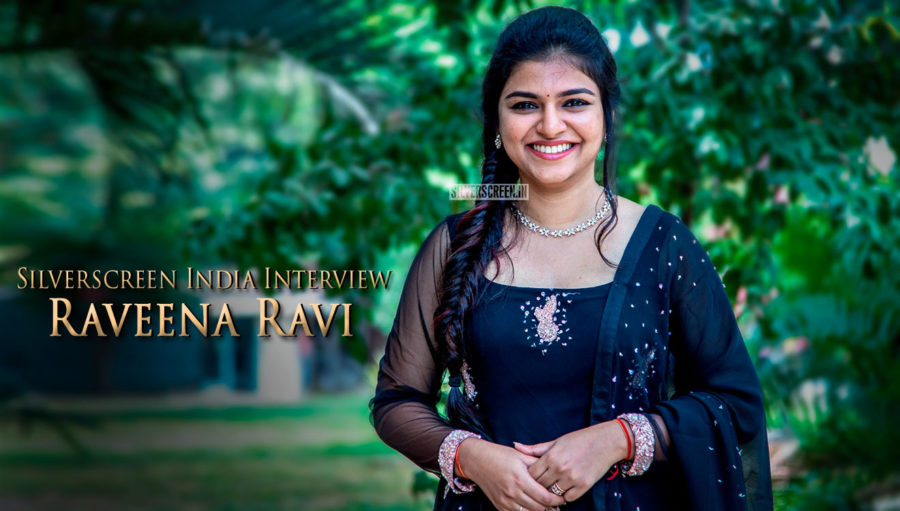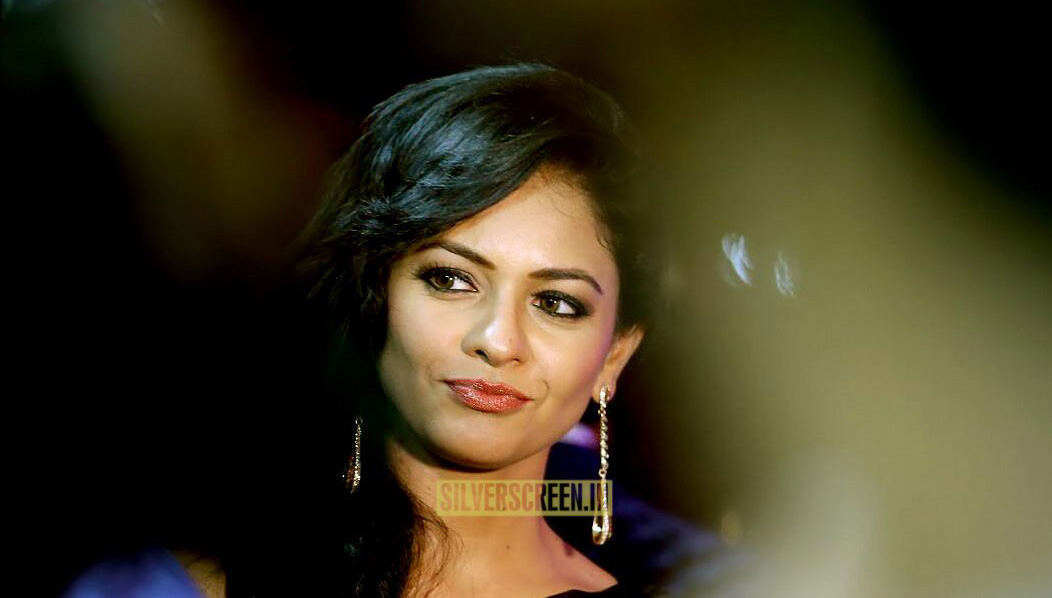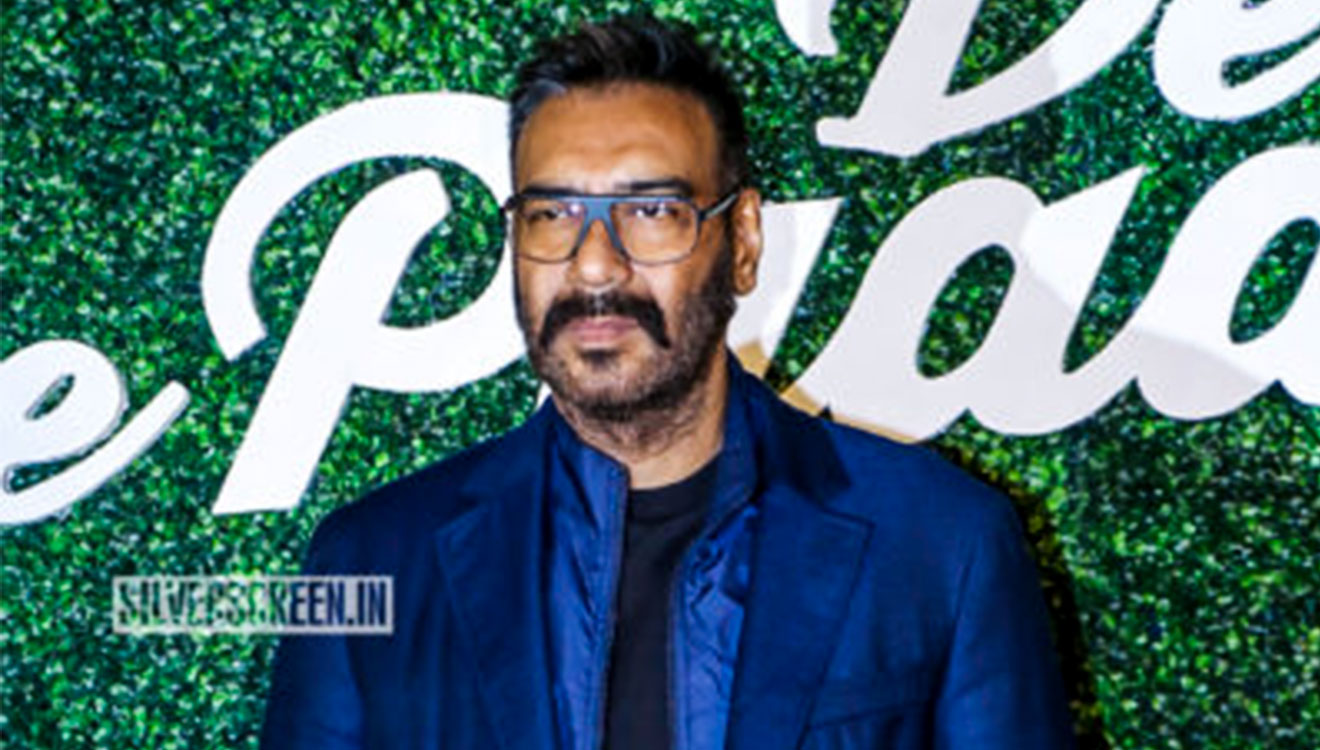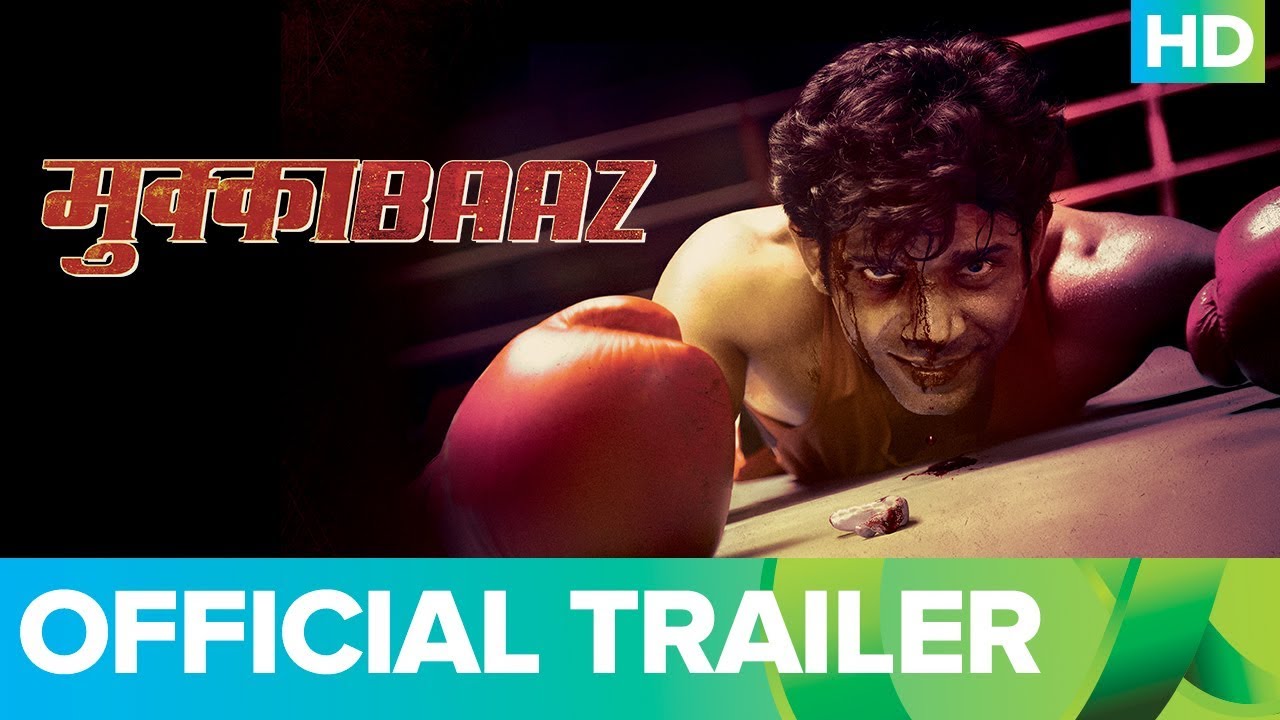Ahead of the release of films Master, Eeswaran and Bhoomi, voice artist Raveena Ravi speaks to Silverscreen India about not bringing mental baggage to the studio, small sound changes having big character repercussions, and the one recognition that dubbing artists crave, even today.
Raveena Ravi dubbed for actor Malavika Mohanan (in Vijay‘s Tamil action film Master) and actor Nidhhi Agerwal (in Silambarasan‘s Eeswaran and Jayam Ravi‘s Bhoomi). While dubbing for Bhoomi and Master was completed during January and February 2020, Raveena only finished dubbing for Eeswaran on January 1, 2021.
Raveena says she had no idea all three big-budget films would release together.
“I am very excited about the releases. I don’t know if this has ever happened to anyone. I am lucky and blessed to be a part of three big films that are all releasing this weekend. Last year was a disaster since I had very little work to do. But towards the end, my film Kavalthurai Ungal Nanban was released. Maybe this is to compensate for last year.”
While Master and Eeswaran will release in theatres after a long lull for the Tamil film industry due to the Covid-19 pandemic and subsequent lockdown, Bhoomi will stream on the OTT platform Disney+ Hotstar.
#Pongal2021 🥳 My voice for @MalavikaM_ in #Masterfilm ! Happy to be a part of #ThalapathyVijay movie again. For @AgerwalNidhhi In #Bhoomi and #Eeswaran ! Super excited to be a part of all 3 biggies 🙏🏻❤️ @actorvijay @actor_jayamravi #Suseenthiran @SilambarasanTR_ #STR
— Raveena.S.R (@raveena116) January 5, 2021
‘Dubbing happens on the spot’
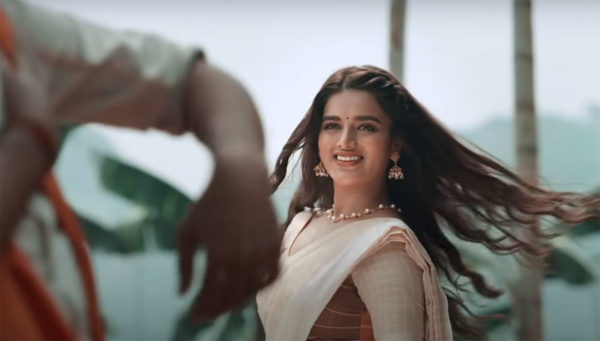
Raveena says that unlike with acting, there is seldom time to prepare while dubbing.
“Actors get several workshops to rehearse or at the very least, a script is sent to their home. They are told about the plan, schedules, and a gist of the story in advance. Since dubbing can be done within a day, they don’t send the script to our home. We are briefed on the spot about the character, the metre of speech, the type of slang and accent, the emotions expected. Dubbing will be a rollercoaster of emotions and you cannot bring your mental baggage to the studio. So, a lot of mental preparation is needed for the dubbing artist.”
Talking about the difficulties involved in her profession, she says: “It’s even more difficult when different films are scheduled on the same day. The artist has to tackle different characters and different mood swings.”
“Dubbing is part of post-production, and this is what eventually turns out to be the curse of the dubbing industry. While the production team is willing to spend for pre-production and during filming, by this stage they are trying to cut down costs as much as possible. Sometimes it is the studio rent costs. At other times, the director may not be available for much time as he has other commitments. So there is less time to complete the dubbing process. We have to keep such constraints in mind and be ready on the spot to get into character and deliver.”
Raveena says that some things are easier while dubbing, and some things harder.
“During physical acting, there is always the need to express your character. Even when there is no voice presence, come what may, there has to be expression. You need to completely be there. In dubbing, there are no physical challenges like that as it relies purely on voice expression and dialogue. But dubbing is equally tough because we need to express just with our voice. With physical acting, there are elements that will add to a scene. But dubbing has none of these and we need to follow their style. Dubbing brings out the need to imagine more for the character.”
Raveena chuckles, “But since I do both with passion, it doesn’t feel difficult.”
On dubbing for herself:
In addition to dubbing, Raveena has also acted in the Tamil crime thriller film Kavalthurai Ungal Nanban, which released in November 2020.
She also dubbed for her character in the film and she she says she received many “weird comments” for it.
“During dubbing, the sound engineer of the film said I sounded like I was being voiced by some other heroine. Many people didn’t realise that it as I who had done the dubbing. One unforgettable moment was when a colourist for the film heard the dubbing and commented, ‘it was generous of the dubbing artist who has dubbed for top heroines to also dub for the small film and its heroine’. He had no idea that it was I who had dubbed for all of those big films!”
On how it all began
Raveena’s mother, Sreeja Ravi, is a voice artist who has worked in over 1500 films, predominantly in the Malayalam film industry. A recipient of several state awards for dubbing, she has dubbed for Nayanthara, Kavya Madhavan, Manju Warrier, and Shalini, among others.
Raveena’s dubbing career began in 2012, when she dubbed for actor Mahima Nambiar in the Tamil film Saattai.
“At that time, I was in college, studying for a bank management course. I was referred by the recording studios to dub for a school-going character in the film. They said that they had already tested over 25 voices and none of them had been suitable. I remember finishing college that day and then giving the voice test. It all happened randomly, and I did not know it was for the lead character. But it got okayed.”
Despite the random start, Raveena says she always had an inkling that she would be working in the film industry.
“I was doing that course because I wanted to have a backup option. Since my mother studied until Class 12 and did not attend college, my parents were keen that I pursue college. They wanted me to study Vis Comm [Visual Communications]. But I wanted a fallback option and took up banking. Deep down though, I knew cinema was going to be my calling and I also began to get good offers at that time.”
On the most difficult dub
Raveena has dubbed for many stars, including Amala Paul, Amy Jackson, Kajal Aggarwal, Raashi Khanna, and Madonna Sebastian. But the most difficult dub, she says, was for Nayanthara in the 2015 Malayalam family drama film Bhaskar the Rascal. At that time, Raveena was still in college.
“Firstly, it is a huge responsibility to dub for a big star like Nayanthara. From her first Malayalam film Manassinakkare to Bodyguard, my mother had dubbed for Nayanthara regularly. It was a lot of responsibility for me to take the job that my mother had done all this time. Everyone from the industry would hear about it, including Nayanthara,” she says.
“Secondly, Nayanthara’s character is the mother of a girl child in the film and I needed to bring that maturity into the voice. There is a difference between a heroine scolding someone and a heroine who is acting as a mother scolding her child. I had no experience of doing that in real life. Handling that in a big project with big artists was difficult. But my mother helped me fully prepare for that.”
Romance is also difficult to dub, says Raveena.
“It is something that makes me self-conscious, since the metre followed has to be exactly right. Anything less would turn out to be expressionless, while more can become over-dramatic, as often happens in old films.”
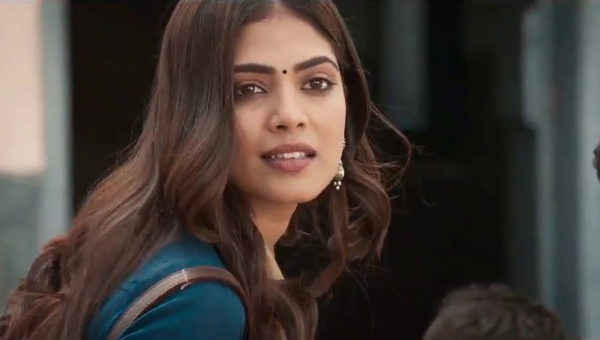
Raveena says that dubbing artists have to pay attention to small details for their cues.
“In Master, the character I dubbed for is a teacher and there are many scenes with Vijay sir. I cannot reveal much. But we step into their shoes by observing what they have done, and especially their mouth movements. Some heroines do not open their mouth fully while speaking and we need to adapt that. Otherwise, it will not sync. We need to watch and observe them a lot and go parallel with them. That completely happens on spot.”
“In Eeswaran, the heroine keeps saying eeshwara eeshwara, but eeshwara is completely different from saying eeswaran, even though there only the difference of one letter. Because while eeshwara sounds like a city girl speaking, eeswara sounds like a village girl speaking. It’s by bringing out such small differences, that a dubbing artist can do justice to a character.”
Since her mother’s time, the competition for dubbing has increased, says Raveena.
“In Tamil cinema, there is always a voice test. During my mother’s time, there would be around 10 dubbing artists, and directors would know whose voice suited which heroines. But now, there are many new faces and at least 35 people turn up for the voice test. So the competition has definitely increased. Directors usually like to fix one tone for a heroine and would like to go by that. But it’s really the character that defines the dubbing modulations, especially when the voice artist dubs for the same actor over different films. I try to bring in the normal, colloquial tone that we hear in daily life and I try to implement that since that is what will sound natural.”
On recognition for dubbing artists
Raveena says recognition for dubbing artists is increasing.
“During my mother’s time, dubbing artists did not have conversations or interviews, except at award ceremonies. Now, social media has given us a boost and there are fans who who try to contact us. Interviews are happening. But the real recognition that each artist craves is an award. There are many award ceremonies, but the inclusion of dubbing categories is rare. I wish that our category was involved in award ceremonies.
On the other hand, if there is too much recognition, people might bored of hearing the same voice across films. That’s why when I dubbed for Master, Eeswaran and Bhoomi, which are all releasing this week, I had to be extra careful about sounding different in each film.”
She says that stars like Nayanthara, Madonna Sebastian, Catherine Teresa, Amy Jackson, and Raashi Khanna, have all appreciated and acknowledged her work.
On safety and theatre occupancy
Recently, the Tamil Nadu government revoked its order for full capacity in theatres. Raveena says there’s no logic to it.
Recommended
“I would want 100% occupancy. Logically speaking, there are crowds everywhere. The weekends are fully crowded everywhere, going by ticket sales. The issue is that people seldom realise that beyond the actors, there are many artists involved in making films.
People think of cinema as a luxury but they don’t realise that there are many people whose livelihoods are dependent on it. I don’t think theatres are the only reason for the spread of the virus. There is no difference between 50% and 100% since people would get close in washrooms, parking lots and or food counters.”
While Master will be releasing in theatres on Wednesday, Eeswaran is slated to run from Thursday along with Bhoomi that will premiere on the OTT platform the same day.
